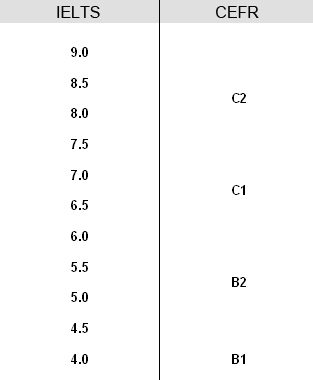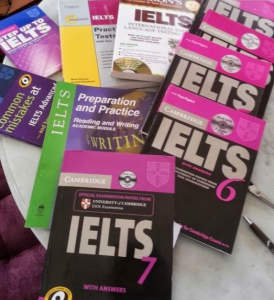A question that we are asked on a regular basis is ‘How does this exam reflect my level of English?’.
It is a very fair question, and, unfortunately, the answer is that it actually might not.
Whether it is for university, work, or just for the personal challenge, the Cambridge exams often represent the pinnacle of difficulty in English language development.
They are not easy to achieve and bring with them a sense of satisfaction unobtainable in any other area of language development.
But does it reflect your level of English? Not necessarily…
Passing an exam is somewhat different to achieving the language to enable you to order dinner at a restaurant. Most language development occurs to improve communicative ability, not impress an examiner. Unfortunately, that is not what is needed to pass the Cambridge exams.
The exam is divided into the four skills – Speaking, Reading (and Use of English), Writing and Listening. Each skill will test your ability to use/understand various areas within each skill but they follow a very specific structure.
The reading paper will test your understanding of general information and ask you complete multiple choice questions – along with completing a text by inserting multiple paragraphs.
The writing paper will ask you to write two pieces of text – typically one will be a report and the second one will be a choice. The listening paper, much like the reading paper, will ask you to analyse spoken texts and to fill in empty spaces. All of which aren’t really skills we utilise in our daily use of English, therefore, in order to pass these exams, specialist training is a must.
This does not mean that it is impossible to achieve a high standard of English without doing an exam, but it does mean that it is remarkably difficult to achieve a certificate of fair representation of your English level without first studying the nuances of the exam.
Glossary
pinnacle – the most successful point; the culmination.
nuances - a subtle difference in or shade of meaning, expression, or sound.
---Sign up for the Cambridge English Exams at ELA-Edinburgh.
Whether it is Preliminary, First, Advanced, Proficiency or Business Certificate, preparing for a Cambridge English exam does not need to be an arduous task.
At ELA-Edinburgh we will provide you with the training and support required to achieve your desired score.























